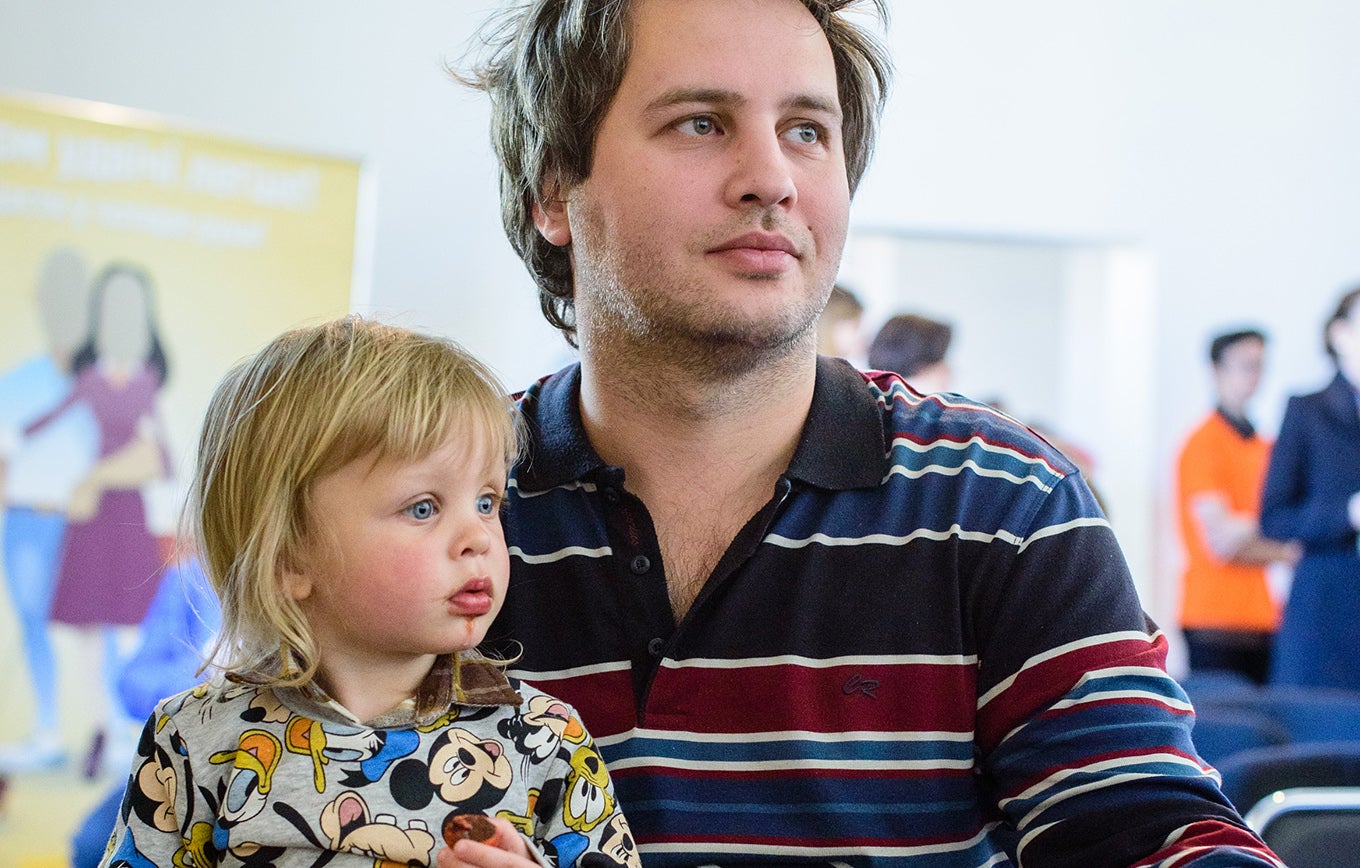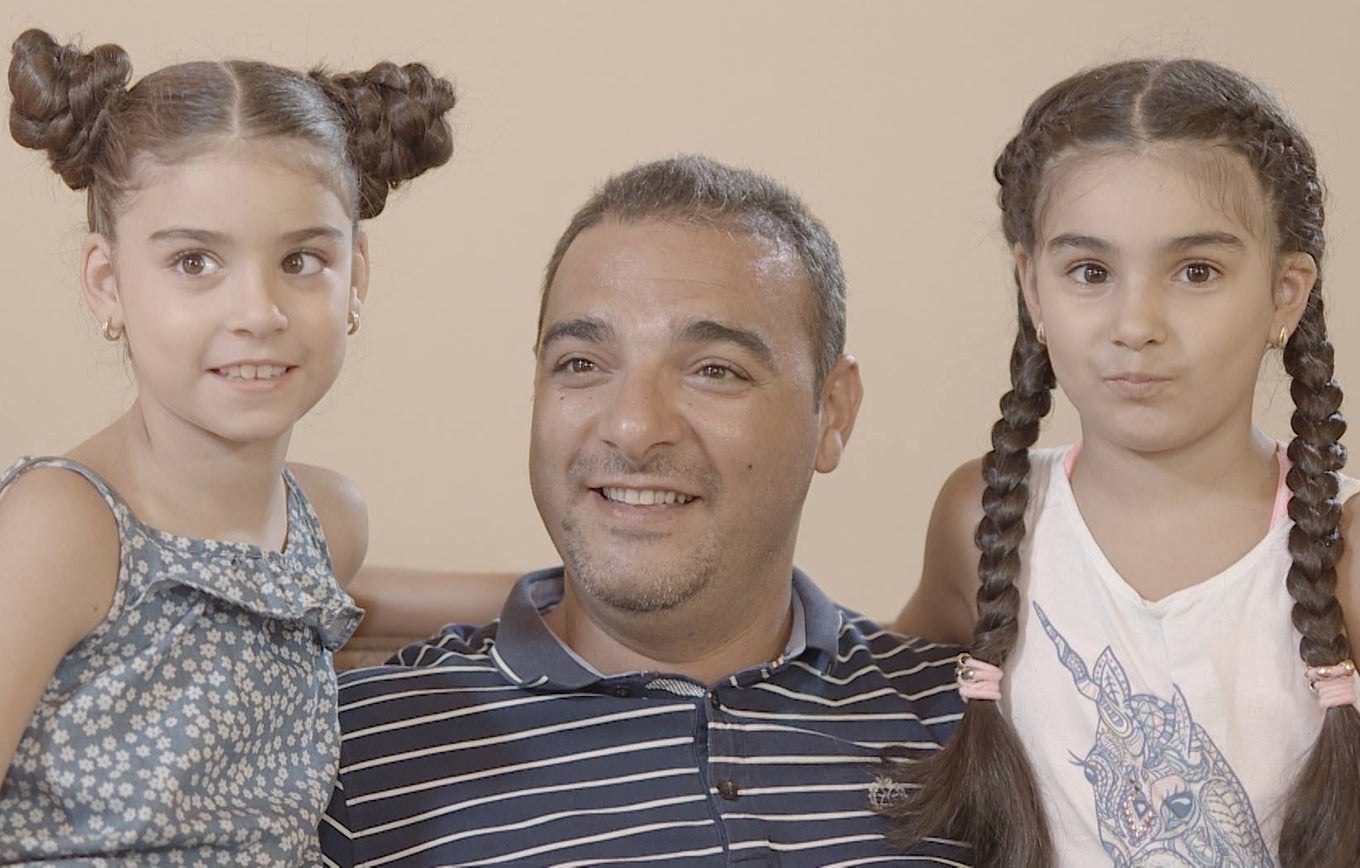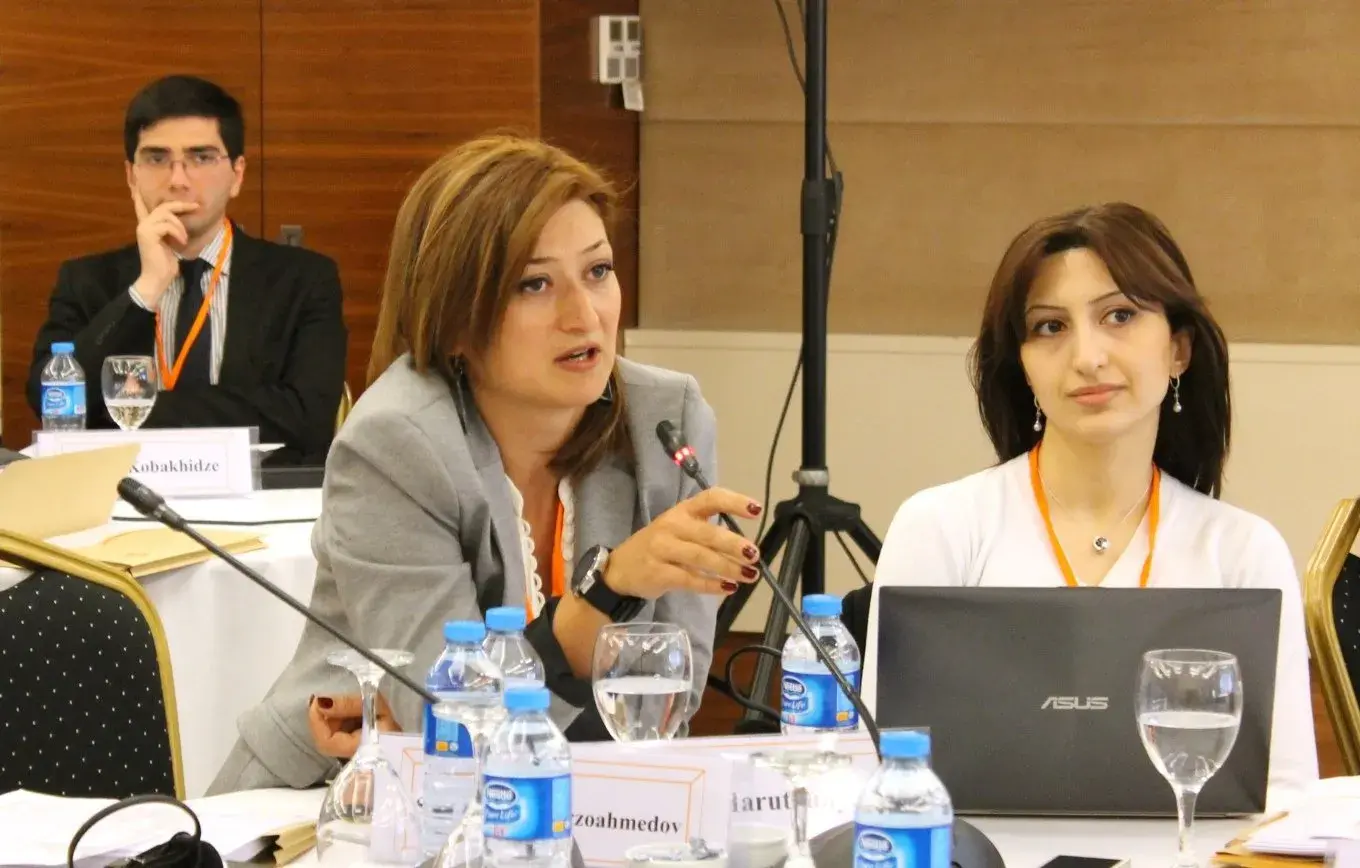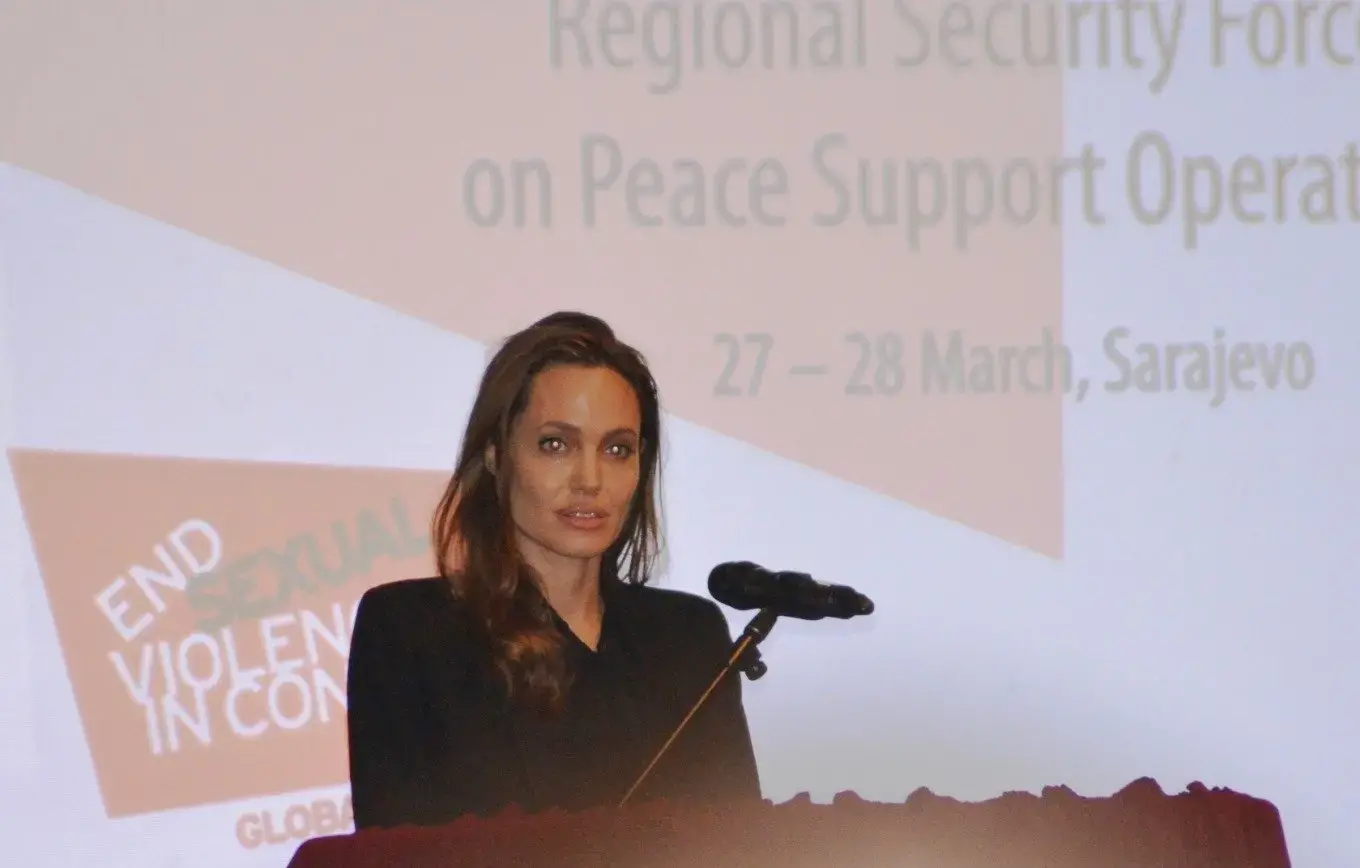ISTANBUL, Turkey — The idea of a workshop to teach men how to iron clothes was initially greeted with skepticism, if not outright mockery, by Aleksandar Grujic’s male peers in the former Yugoslav Republic of Macedonia. “But afterwards, when they had learned some new tips and tricks, they realized how useful it can be, and how it’s nothing complicated,” says Grujic, who served as an ironing instructor at the first-ever “Men Can Do It Too” fair in Skopje last year.
Male participation in domestic chores like ironing, as well as unpaid caregiving for children and other family members, is very low across the Eastern Europe and Central Asia region. Women spend an average of three hours per day more than men on household chores, even though they work only 1.5 hours fewer in the paid workplace. In fact, there is no country in the region where men share the unpaid domestic and care work equally with women — despite evidence that men’s equality in caregiving is good for women’s empowerment and children’s well-being, as well as for men themselves.

UNFPA and its partners are working across the region to engage men in taking a larger role in care work, developing closer relationships with their children, and challenging gender stereotypes and gender-based violence as a way to combat gender inequality for the benefit of all. The fair organized in Skopje, for example, spread this message not only to the men who participated in workshops on ironing, cooking and doing creative activities with their children, but also to the more than 30,000 people who viewed a video about the event shared by the UNFPA Country Office on its Facebook page.
“We shouldn’t divide things into male and female tasks,” says Kristijan Angeleski of Y-PEER Macedonia, which works with UNFPA on engaging young people and helped organize the Skopje fair. “This is just one positive example from which we can all learn how to contribute together for gender equality.”
Benefits of active fatherhood
In Ukraine, UNFPA’s efforts to engage men have focused on getting fathers to take more active roles in child-rearing. Research shows that involved fathers feel more emotionally connected to their partners and to their children, and that they live happier, longer lives. But the average Ukrainian father spends just 56 minutes per day with his children, and 59% of dads in the country do not read to or play with their children even once a week.

“I used to think that I was a good father just because I wished for the best for my children,” one Ukrainian father wrote in a Facebook comment to UNFPA. “But then I participated in a training for fathers and I learned that I didn’t know much about fathering at all. I want to be a part of making a change on this issue in Ukraine.”
As part of its “4 Hands Happiness” campaign, UNFPA Ukraine organized five public events last year where celebrity dads — from rock stars to football players, actors to CEOs — read children’s books out loud to other parents and their kids. Some of the famous fathers also appeared in an ELLE magazine spread called “Making Fatherhood Fashionable” along with social media posts and a month-long advertising campaign in subway stations that reached an estimated 259,000 passengers each day.
“As a parent, I believe men can and should do everything women do,” says Sergiy, a father who participated in UNFPA Ukraine’s awareness-raising events.
Fighting son preference and raising the value of girls
Another important aspect of UNFPA’s fatherhood programs in Eastern Europe and Central Asia is encouraging close, supportive relationships between men and their daughters, who are often valued less than sons by fathers, and by society at large. In countries such as Azerbaijan, Armenia, Georgia and Albania, persistent gender discrimination and son preference has fueled the practice of sex selection, which has led to a dangerous imbalance in the ratio of boys to girls in the population.

To fight this trend, UNFPA Azerbaijan prepared a public service video showing fathers hugging and kissing their daughters and voicing their confidence in their girls and their positive affirmations for their futures. The video has been watched more than 10,000 times on social media and has been shared by local news outlets and used as part of discussion groups organized among men in Azerbaijan.
“When I come home, my daughters run to the door and give me a huge hug, and everything that concerned me during the day just melts away,” says Samir, one of the fathers featured in the video.
Adds Abbas, another participating dad: “You can never predict what will happen in life, but you can empower your daughter to face these surprises head on and believe in her own power.”





